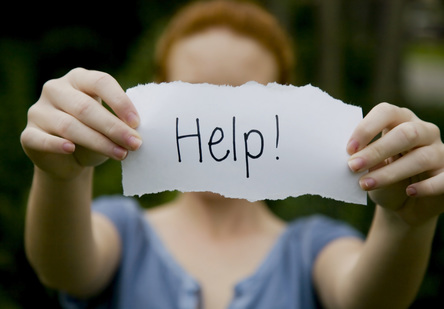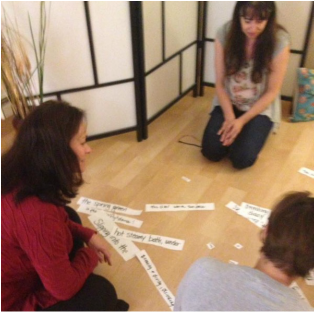
Remember? We became a nation of somnambulists. In shock, we watched the news for clues. We called family and friends to find out if one of ours was among the dead. Why them and not us? The fear and helplessness engulfed us. Numb, we demanded blame and blood: Who can we shame? Some of us turned to the 'Just-World Hypothesis', targeting groups and making lines between “us” and “them.” Our collective anger served as a crumbling bulwark against the chaos.














 RSS Feed
RSS Feed